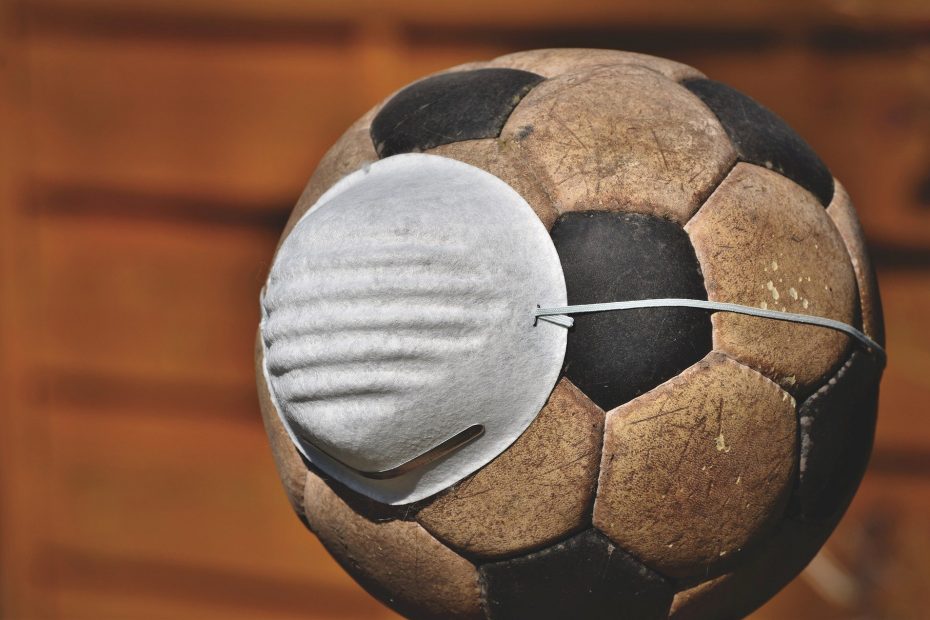“Most people are decent ” – Rutger Bregman
As Dutch hospitals filled in early March with COVID-19 patients, the authorities declared an ‘intelligent lockdown’. It worked well, thanks to the compliance and behaviour of enough citizens. Shaken by images from Spain and Italy, and following weekly Prime Minister press conferences, we worked from home, cancelled mass events and closed venues. As the majority of citizens adhered to light regulation, the results came quickly as ICUs emptied.
After 2 weeks of self-quarantine, my wife and I knew we were no longer contagious. The only thing that prevented us safely meeting and socializing with others was the infection status of others.
That’s when it occurred to me: my phone was already equipped to help navigate myself and others through an ongoing pandemic. Bluetooth, WiFi, GPS, and acoustic positioning could all be used to create a proximity history amongst a group dynamic, highlighting those acting responsibly and requiring less tracing effort—e.g. fewer contacts with others, shorter duration breaches of the <1,5 metre distance rule— and those acting less responsibly, and therefore requiring greater tracing efforts throughout the day.
Scientists now know that it takes a serious effort to get infected. Sufficient viral load seems to require individuals to be indoors, without a face mask, in a poorly-ventilated venue, with many people in close proximity. Therefore, it should be easy to avoid getting infected: be outdoors or in a ventilated area when around others, wear a mask, observe social distancing, wash hands.
The only thing my wife and I need to leave home safely now is to distinguish the risk-averse from the risk-takers. Our smartphones are the ideal vehicle to determine this objectively, and Onlive is how we enable our smartphones to do so.
How? Well, Onlive’s unique design allows it to be an app that acts as an operating system (OS) for groups of people physically together in the real world. This OS facilitates specialised software (plugins) to monitor and guide group behaviour. Are they risk-averse? Then let’s grant them access to the groups in which we live, work and play. Are they risk-takers i.e. meeting other people often and in close proximity? Then keep a safe distance, wear a face mask and try to interact with them outdoors if required.
We can use Onlive to return to mass events and nightlife without the need for strict social distancing. For example, with the Onlive app, people that have bought a ticket for a football match automatically form a group with those that are going to be in the same seat area during the match. This group can be used to collectively ‘prepare’ for the match, experience the match and stay connected after the match so it’s easier for contact tracers to reach those that have been exposed to somebody with COVID-19.
This could work as follows: as a group, they could commit to two weeks (or however long whatever guidelines suggest) of pre-quarantine before a game. For that commitment, special plugins inside their group will be at work to monitor the group’s behaviour in the weeks before the match, during the game and two weeks after the game. These plugins can make the final call on what group members have to watch the match at home since they can form a danger to the group as a whole. The purpose of these plugins is to create a healthy and controllable group of people with low-risk on contamination and guide them into a stadium to enjoy a game of football. Onlive provides the platform to create these groups and run those plugins.
In this scenario, a full football stadium is divided up in dozens of small groups that together can reach Digital Herd Immunity (DHI). As long as the non-vaccinated are surrounded by a sea of the vaccinated, disease spread can be controlled. Consequently, if an infected football fan slips through the net, a sea of fans adhering to precautions will inhibit mass-spread.
At Smartup Zero we want to test and refine these and other hypotheses underlying DHI by starting pilots with the Onlive platform. That is why we are calling on the scientific research community, local businesses and event venues to join us at Smartup Zero. We will prove that our collective IQ, decency and energy can mitigate the devastating social and economical effects of the pandemic and beyond. We invite you to take the challenge to think outside the margins, to co-create knowledge, communications, code and in general: create a new toolset that enables us to reimagine social life.

We are a group of volunteers and starting a new scheme in our community. Your site provided us with valuable information to work on. You have done a formidable job and our entire community will be thankful to you.| Maryrose Antoni Gelasius